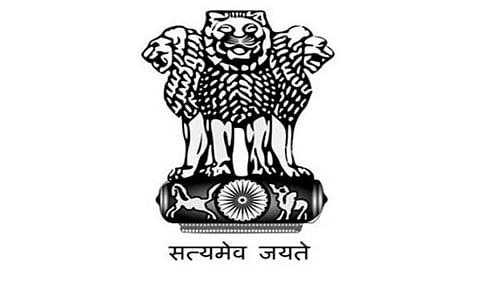
- Home
- Live Blog
- Breaking News
- Top Headlines
- Cities
- NE News
- Sentinel Media
- Sports
- Education
- Jobs

STAFF REPORTER
GUWAHATI: The Land Policy – 2019 announced recently by the State Revenue and Disaster Management Department basically seeks to provide land to indigenous landless people and to prevent agricultural lands, wetlands and protected lands from falling into the wrong hands.
The policy has tougher curbs on transfer of agricultural lands for non-agricultural purposes, so does it have the mechanism to evict unauthorized people holding protected lands in tribal belts/blocks. According to the policy, the deputy commissioners with assistance of the Agricultural department shall carry out survey, map digitally and record prime agricultural land of the districts based on the fertility of land, irrigation facility, cropping intensity and annual yields. The policy spells it out in clear terms that the deputy commissioners shall not accord approval for transfer of such lands without prior approval from the government. The policy also says that the deputy commissioners shall not accord permission for transfer of land under periodic lease belonging to an agriculturist landholder to a person who is not an agriculturist. An agriculturist, as the policy defines, is ‘a person who cultivates the land personally’. The policy has provisions for bringing suitable amendments, if necessary, to further strengthen the measures to check the transfer of agricultural land belonging to agriculturists to non-agriculturists, and also for protecting lands belonging to indigenous communities of the State.
In the event of a non-protected person purchasing land in protected belts/blocks, keeping the land under his/her occupation and if it appears to be a benami one, the appropriate procedure as defined by the law shall be resorted to evict the unauthorized occupier. The policy also lays stress on checking any attempt to possess land in protected belts and blocks by any ineligible person by executing the Power of Attorney.
The area fit for cultivation in temporary or semi-permanent saar areas shall be given to indigenous cultivators for temporary use for agricultural purposes only for particular agricultural cycles, the policy says. Allotment/settlement of land to eligible indigenous landless people in inter-State border areas, according to the policy, should be made expeditiously in surveyed areas. The policy suggests similar steps in non-surveyed areas as well.
The policy also has provisions under which a person may lose possession of land allotted to him/her. If the land allotted is not utilized for three years from the date of allotment for the purpose it was allotted, the land will automatically stand reverted to the government. The deputy commissioner concerned will take over possession of the land on behalf of the government after duly serving notice.
The allotment/settlement of land under this policy will stand cancelled if it is established at any later stage that the beneficiaries resorted to submission of fraudulent documents, including affidavits. In case of settlement of land on realization of premium, the amount of premium shall be forfeited in addition to any legal action for submission of fraudulent documents, false affidavits etc.
The policy spells it out that no land – falling within the area from the waterline to a line parallel to the waterline and perpendicularly away from the countryside for certain distances – may be allotted to or settled with any person or body of persons. The restricted distances from the waterline, according to the policy, are – 50 metres in case of the Brahmaputra and the Barak, 25 metres in case of other rivers and big government fisheries and 20 metres in case of rivulets, streams, canals and small fisheries. The waterline, as defined by the policy, is the line up to which the water usually covers the bank during the rainy season and stands for a longer time of the season.
The policy further says that the encroached lands under VGR (Village Grazing Reserve) and PGR (Professional Grazing Reserve) will be made encroachment free, besides stopping de-reservation and allotment of such lands, except for public purposes under special circumstances.
The policy also says that deputy commissioners shall ensure that wetlands remain free from encroachment and natural water channels are marked by the land record staff in the village map and a note to this effect shall be recorded in the remark column in the field index register (chitha).
The policy further says that deputy commissioners shall not change the class of wetlands in the land records without prior approval from the government.